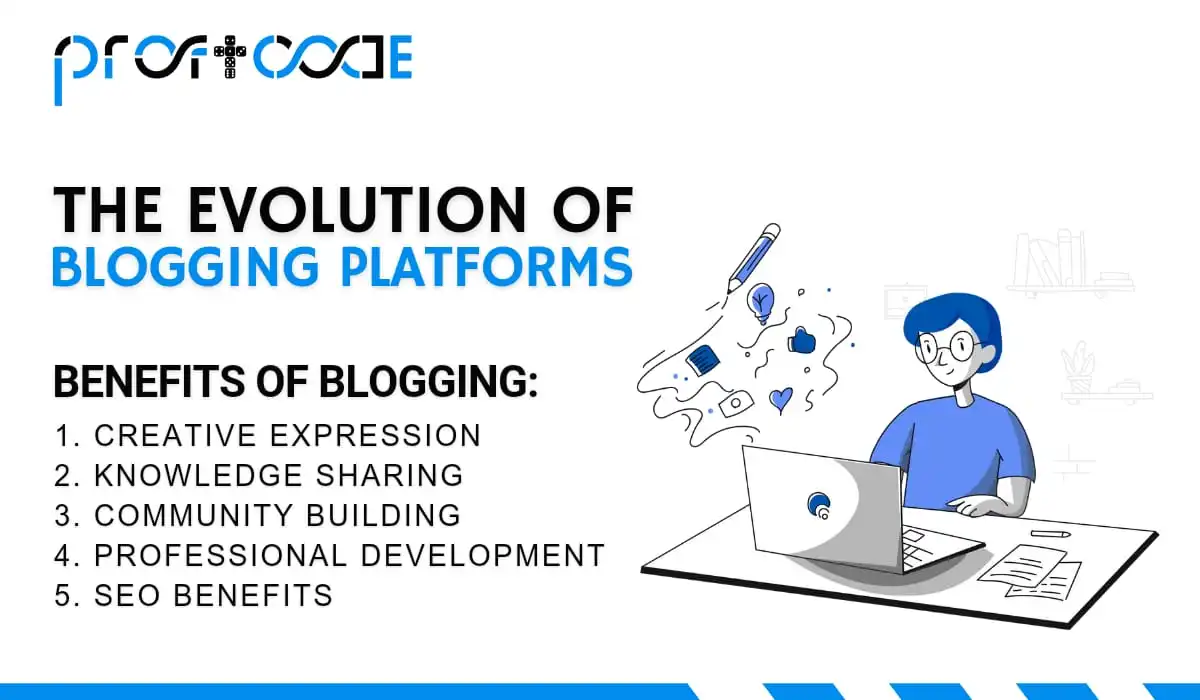In today’s digital age, blogs have become an integral part of online culture, offering a platform for individuals and organizations to share their thoughts, experiences, and expertise with the world. In this comprehensive guide, we’ll delve into the intricacies of blogging, exploring its origins, evolution, and significance in contemporary society.
What is a Blog?
1. Origins of Blogging
The term “blog” is a contraction of “weblog,” coined in the late 1990s to describe a form of online journaling or diary-keeping. Blogs initially emerged as personal platforms for individuals to share their thoughts, experiences, and observations with a global audience. Early bloggers used rudimentary HTML coding to create simple websites where they could publish their writings and interact with readers.
2. The Evolution of Blogging Platforms
As the internet evolved, so did the tools and platforms for creating and publishing blogs. In the early 2000s, blogging platforms and content management systems (CMS) like Blogger, WordPress, and LiveJournal revolutionized the blogging landscape…
Types of Blogs
Blogs come in various forms and cater to diverse interests, passions, and audiences. Some common types include:
1. Personal Blogs
Personal blogs are online diaries or journals where individuals share their thoughts, experiences, and reflections on life…
2. Professional Blogs
Professional blogs are created by individuals or organizations to showcase their expertise, establish authority, and share insights…
3. Niche Blogs
Niche blogs are dedicated to a specific topic, hobby, or interest…
4. Corporate Blogs
Corporate blogs are created by businesses to engage with customers, promote products, and enhance brand visibility…
5. News Blogs
News blogs curate and share news articles, op-eds, and commentary on current events and trending topics…
Key Components of a Blog
Every blog comprises several key components that contribute to its functionality and appeal.
1. Blog Posts
Blog posts are individual entries or articles published on a blog…
2. Categories and Tags
Blogs often organize posts with categories and tags to facilitate navigation…
3. Comments Section
Many blogs feature a comments section where readers can share thoughts and feedback…
4. Archives
Archives organize past posts by date, category, or tag…
5. Blog Design
The design and layout of a blog shape the reader’s experience…
Benefits of Blogging
1. Creative Expression
Blogging provides a platform for individuals to express themselves creatively…
2. Knowledge Sharing
Blogs serve as valuable resources for sharing information and expertise…
3. Community Building
Blogs bring like-minded individuals together…
4. Professional Development
Blogging helps professionals build credibility and authority…
5. SEO Benefits
Blogs improve SEO by providing fresh, relevant content…
At The End
A blog is a dynamic and versatile platform that empowers individuals and organizations to share their thoughts, experiences, and expertise with the world…





